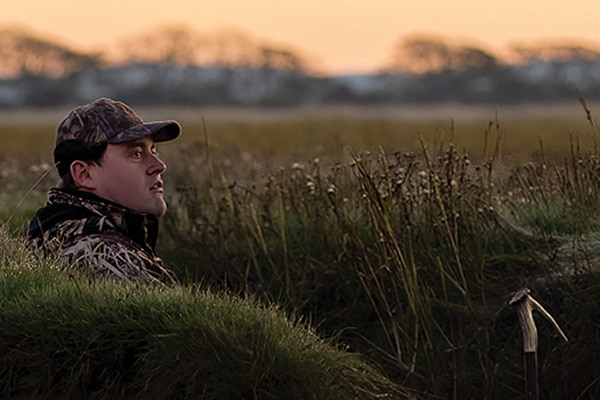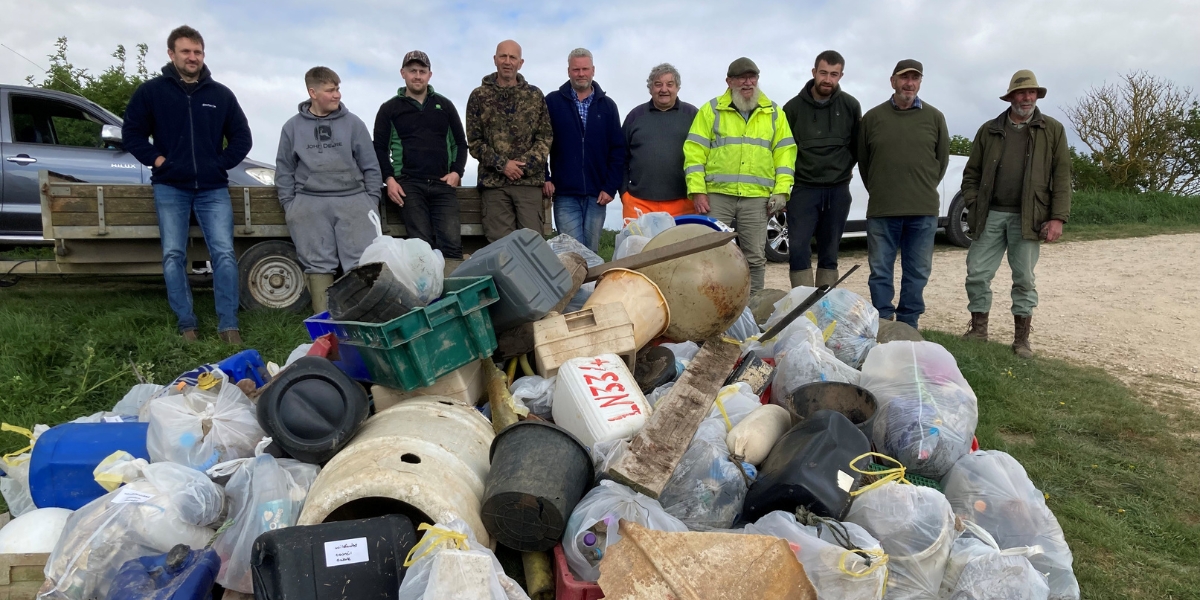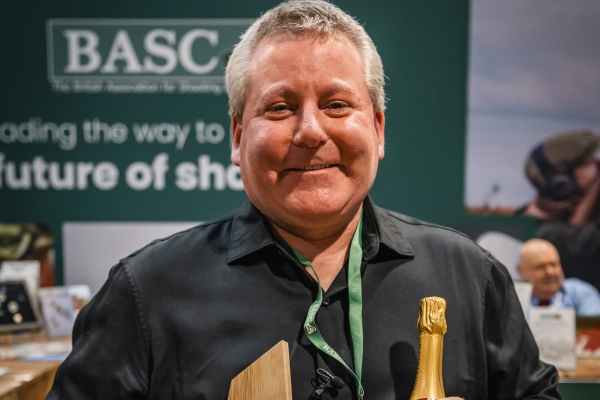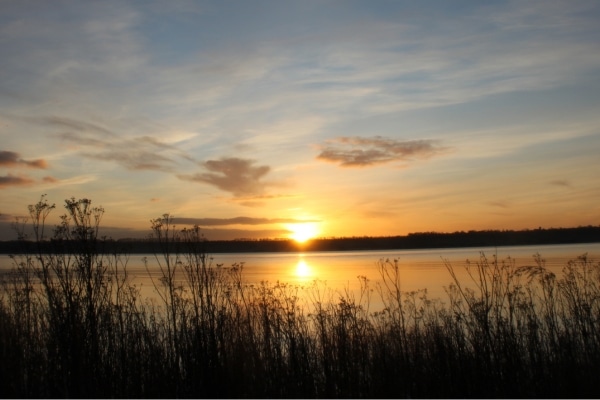
No need to pack like Shackleton
Getting your wildfowling kit right can make the difference between a fruitful visit to the marsh and an uncomfortable expedition, as Chris Wright knows from experience.
Get information on the legal shooting season for mammals and birds in the UK.
Apply for funding for your project or make a donation today
Comprehensive information and advice from our specialist firearms team.
Everything you need to know about shotgun, rifle and airgun ammunition.
Find our up-to-date information, advice and links to government resources.
Everything you need to know on firearms law and licensing.
All the latest news and advice on general licences and how they affect you.

The long-standing commitment to conservation and environmental stewardship displayed by wildfowling clubs on The Wash has been acknowledged by a key public body which works to protect the environment.
The Wash and North Norfolk Marine Partnership (WNNMP) manages The Wash and North Norfolk Marine Protected Area network. It comprises local authorities, other governmental bodies, drainage boards, ports and environmental charities.
In a recent communication, WNNMP praised the clubs for their hands-on contributions to the local environment, from large-scale litter removal to biodiversity enhancement. This recognition marks a significant moment, not just for the clubs involved, but for the wider wildfowling community.
“Our local wildfowlers have a strong commitment to conservation and actively work to enhance our local environment,” WNNMP stated. “Groups such as the Fenland Wildfowlers, South Lincolnshire Wildfowlers, Wainfleet Wildfowlers, and the Dawsmere Wildfowlers Group have held successful litter clean-up events, removing tonnes of waste from our coastlines and marshes.”
The picture shows the haul of litter collected from the foreshore by members of the Dawsmere Wildfowlers Group. The group comprises Holbeach, Spalding & Gedney Drove End wildfowling clubs.
These efforts are not one-offs. They represent annual commitments, with clubs like Kings Lynn & West Norfolk Wildfowlers also advancing biodiversity through nest box schemes. Their nest boxes achieved a 58 per cent success rate last year and they are collaborating with the British Trust for Ornithology to monitor bird populations.
This recognition is more than a pat on the back; its a powerful reminder of the role wildfowlers play as custodians of our wild marshes and estuaries. Historically, wildfowlers have quietly ‘done the right thing’. But in today’s world, it’s not enough to just act responsibly, we must also be seen to do so.
“This is a great opportunity to highlight that landscape-scale collaboration is essential to help nature recovery,” said Fenland Wildfowlers Association chair Chris Barker, who is also a BASC Council member and chair of the wildfowling liaison committee. “Forward-thinking wildfowlers understand that we are not just harvesting wildfowl, we are deeply invested in the long-term future of these landscapes. Partnerships like this focus on what unites us, not what divides us.”
We commend the wildfowling clubs for stepping forward, sharing their stories and ensuring their work is visible. And we applaud WNNMP for recognising these efforts so transparently.
Looking for wildfowling-related advice or guidance? Visit our dedicated pages here.

Getting your wildfowling kit right can make the difference between a fruitful visit to the marsh and an uncomfortable expedition, as Chris Wright knows from experience.

BASC’s Dr Conor O’Gorman was named Media Contributor of the Year at the NEC Birmingham over the weekend.

Wentloog Wildfowling and Conservation Association has received a £5,000 boost from a legacy bequest to the BASC Wildlife Fund.